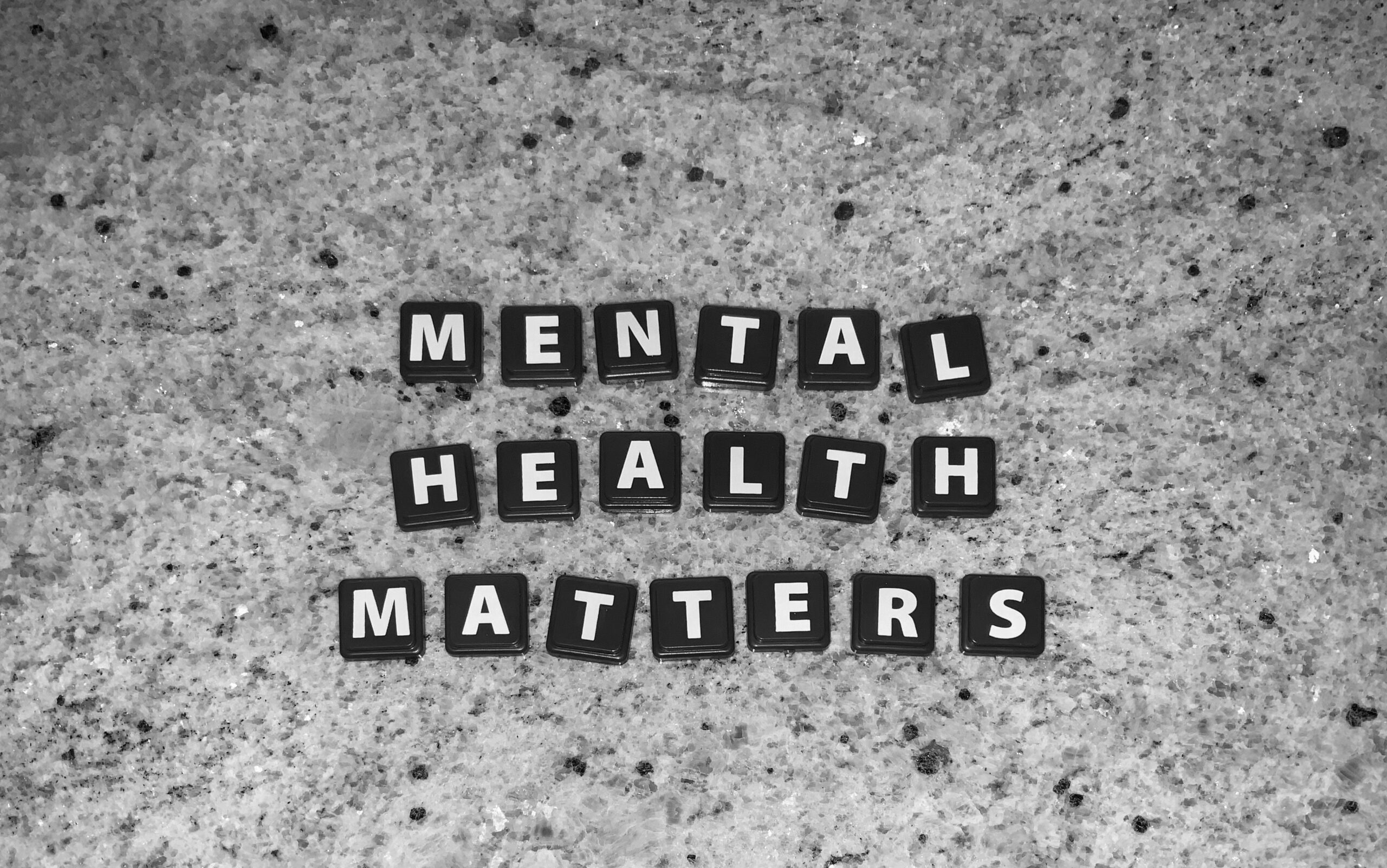Disclaimer: This post is for educational purposes only, not for any type of diagnosis
Bipolar disorder, formerly known as manic-depressive illness, is a mental health condition characterized by extreme mood swings, including emotional highs (mania or hypomania) and lows (depression). Although ancient Greek and Roman physicians described symptoms resembling this disorder, it wasn’t recognized as a distinct mental illness until the 19th century. German psychiatrist Emil Kraepelin further classified manic-depressive illness as separate from schizophrenia in the late 19th and early 20th centuries.
The exact cause of bipolar disorder remains unknown, but it is believed to result from a combination of genetic, environmental, and biological factors. Genetics play a significant role, as research shows that bipolar disorder can run in families; however, many people without a family history can still develop it.
Environmental factors such as stress, traumatic events, and substance abuse can trigger episodes, while biological factors include brain structure differences and neurotransmitter imbalances. The signs and symptoms of bipolar disorder include a loss of interest in previously enjoyed activities, fatigue, persistent sadness, sleep disturbances, difficulty concentrating, suicidal thoughts, impulsive actions, changes in appetite, and feelings of worthlessness.
Effective treatment typically involves a combination of medication, psychotherapy, lifestyle changes, and strong support from friends, family, and community resources. For instance, local organizations like the Calgary Mental Health Association and Alberta Health Services provide valuable support and resources for those affected by the disorder.
Stress can exacerbate bipolar disorder by triggering and intensifying episodes, disrupting sleep patterns, interfering with treatment, and creating a cycle of recurrence.
Notable individuals with bipolar disorder include Demi Lovato, Stephen Fry, and Carrie Fisher. Movies like “Silver Linings Playbook” and “Mr. Jones” offer insights into the disorder, although they are fictional and may not accurately reflect every individual’s experience.
Overall bipolar disorder like many other mental illnesses is a disorder we need to learn more about, in order to successfully make ourselves aware.
Sources:
Image: Photo by Marcel Strauß on Unsplash
https://www.webmd.com/bipolar-disorder/history-bipolar
https://www.ncbi.nlm.nih.gov/pmc/articles/PMC5039514/
https://www.healthcentral.com/condition/bipolar-disorder/history-of-bipolar-disorder
https://psychcentral.com/bipolar/history-of-bipolar-disorder

